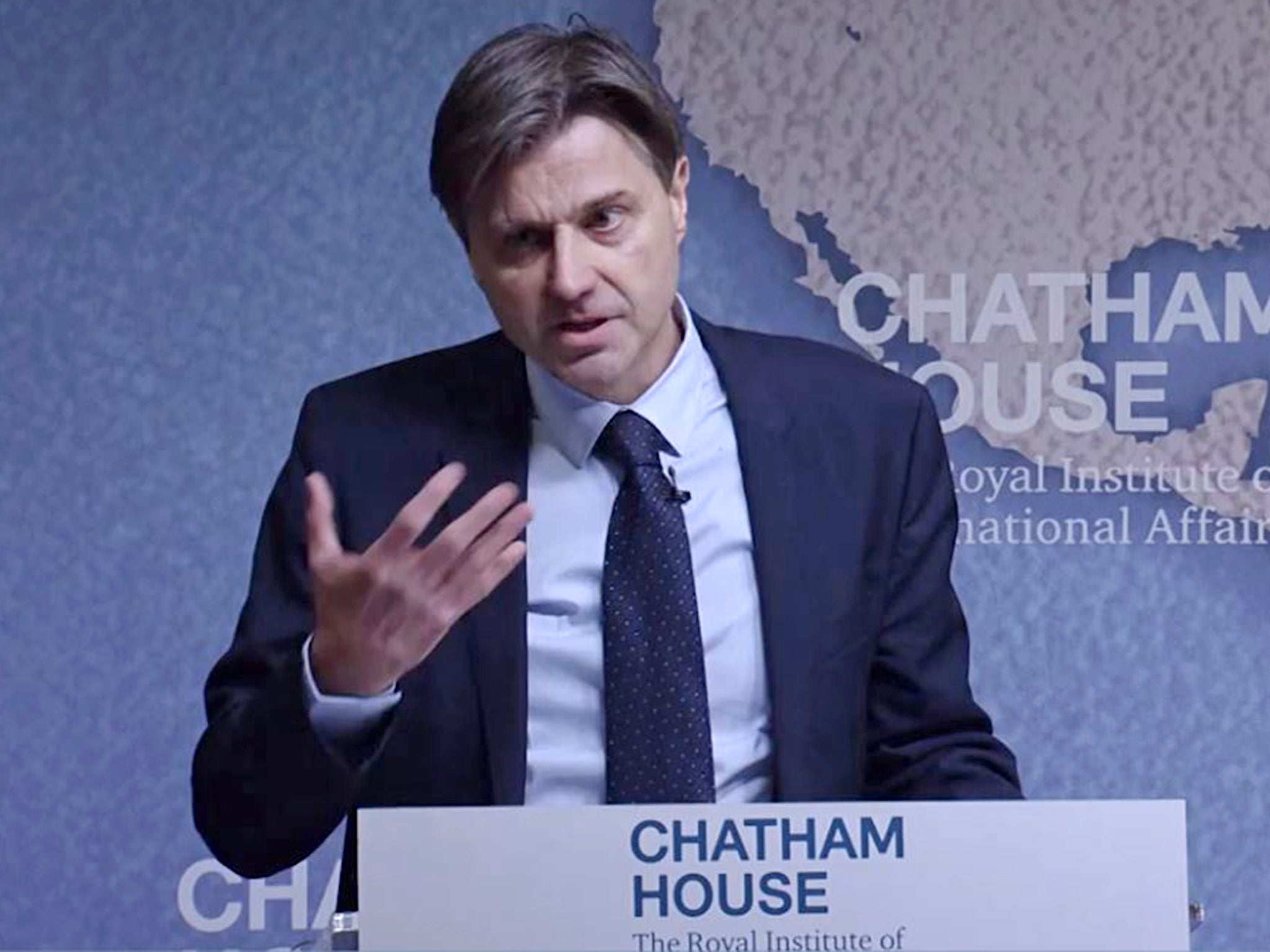Brexit: EU defends plan to impose sanctions on Britain in event of 'foul play'
Mechanism to prevent 'foul play' says European Commission official

The European Commission has defended a plan to impose sanctions on Britain during the Brexit transition period if the UK engages in “foul play” against EU wishes.
Stefaan De Rynck, an adviser to EU chief negotiator Michel Barnier, said such a power to deal with the UK stepping out of line was “part of any agreement” that the EU might sign.
Tory Eurosceptics reacted angrily to the inclusion of the power in the EU’s draft transition agreement, describing the move as part of a series of “silly threats” from Brussels.
The legal text, released officially on Wednesday after being leaked the night before, says EU leaders want a mechanism to “suspend certain benefits” including “participation in the internal market” if the UK does not abide by the bloc’s laws and regulations during the two-year transition period after it leaves.
But Mr De Rynck tweeted on Wednesday: “The EU responds to PM [Theresa] May’s request to benefit from single market and customs union for a limited time during which all must play by the same rules.

“Foreseeing possibility of sanctions for foul play is of course part of any agreement.”
Tory MP Bernard Jenkin had told the BBC the power was “an indication of how fearful the EU is that they have to make these silly threats”, while Jacob Rees-Mogg said it would be “difficult to agree” with such measures.
“Thank heavens we are leaving an organisation that takes such an aggressive stance when you don’t do what you are told,” he told The Times newspaper.
Former Ukip leader Nigel Farage said: “Mrs May’s transition period will be a worse form of EU membership during which the bully boys of Brussels can do what they want to us. We be in Vichy Britain.”
Demands for enforcement powers signal growing fears in Brussels that Britain will not abide by its rules during the two-year period, as suspension of single market access would hit financial services, trade of goods and even agreements with airline operators.
The leaked paper states: “In addition, the Governance and Dispute Settlement Part of the Withdrawal Agreement should provide for a mechanism allowing the Union to suspend certain benefits deriving for the United Kingdom from participation in the internal market where it considers that referring the matter to the Court of Justice of the European Union would not bring in appropriate time the necessary remedies.”
Whitehall attempted to play down the significance of the draft text, insisting it would form the basis for a negotiation.
A Department for Exiting the European Union spokesperson said: “This is a draft document produced by the EU that simply reflects their stated directives.
“The Secretary of State [David Davis] set out the UK’s position in his speech in Teesside last month.
“Together these provide a solid foundation for the negotiations on the implementation period which have begun this week with the aim of reaching agreement” by the European Council meeting in March.
Join our commenting forum
Join thought-provoking conversations, follow other Independent readers and see their replies
Comments
Bookmark popover
Removed from bookmarks